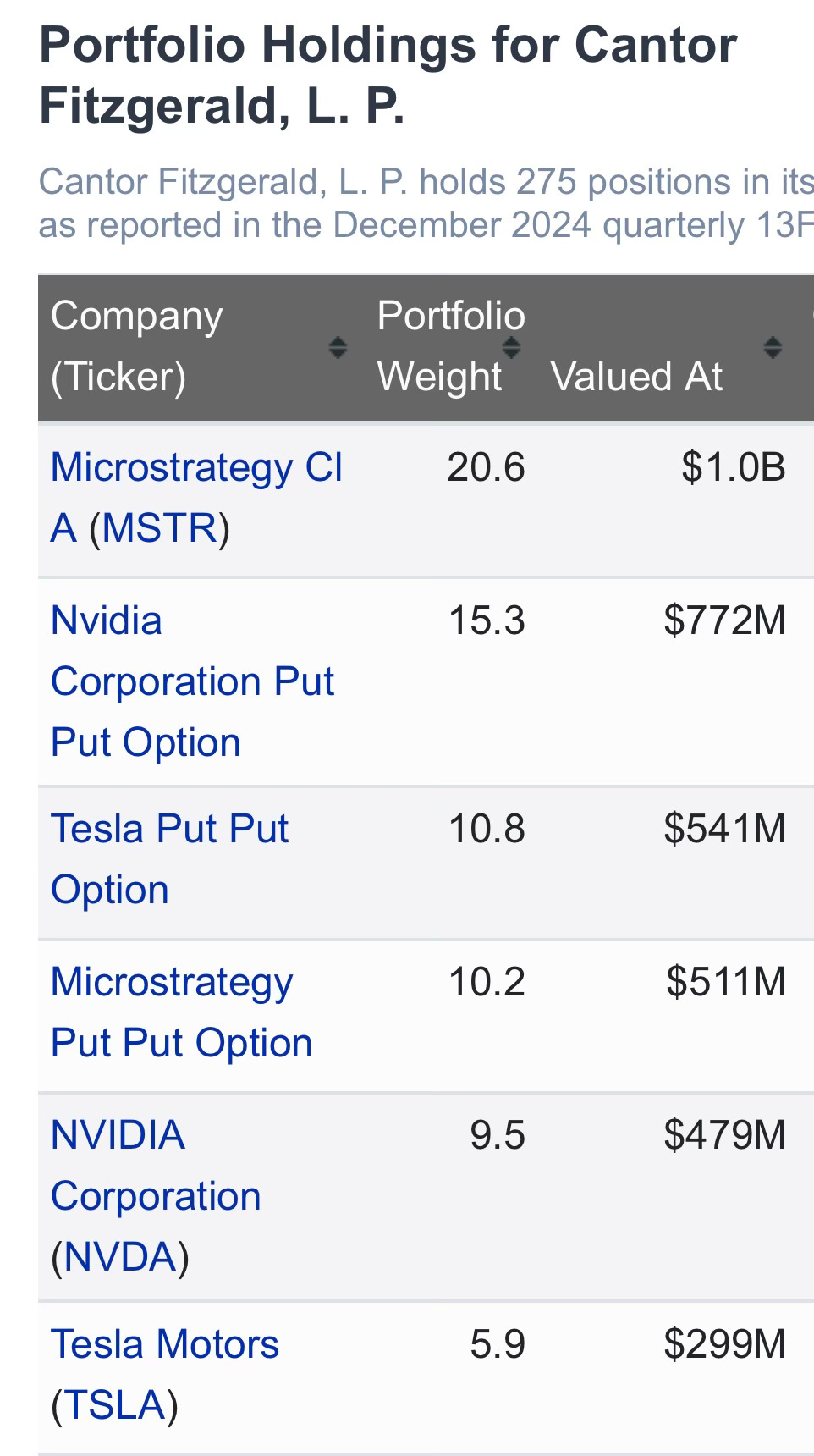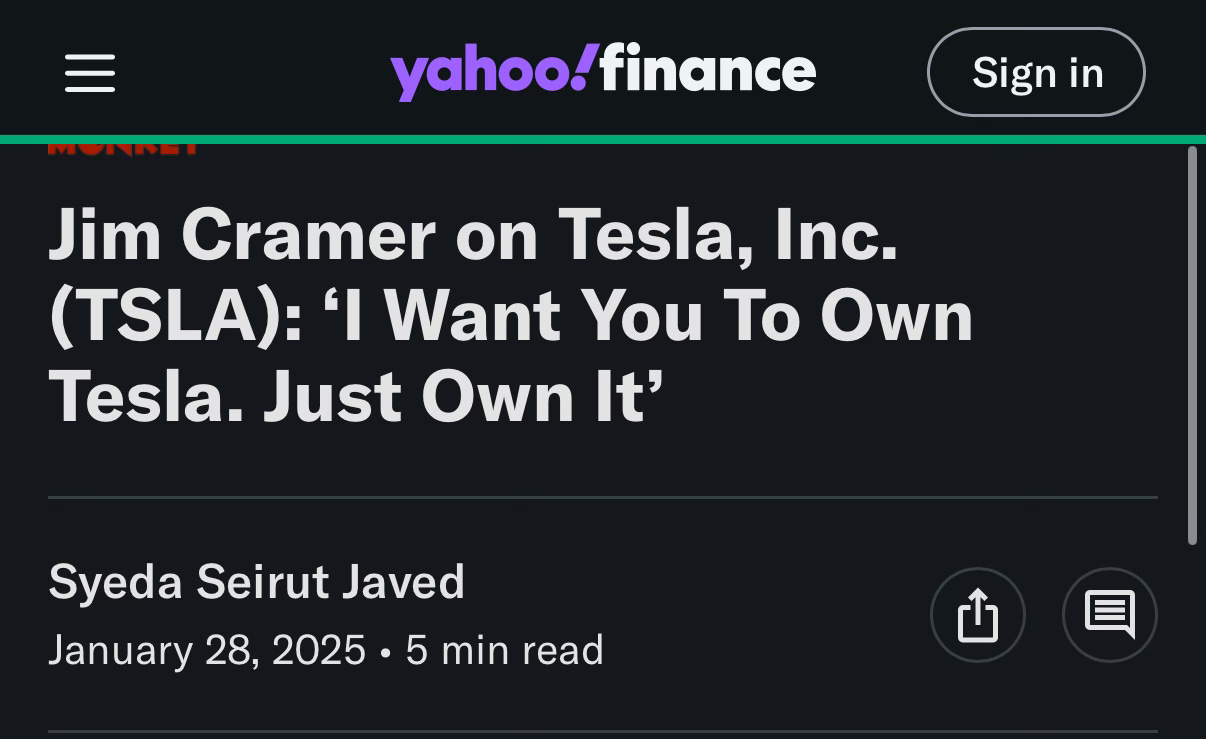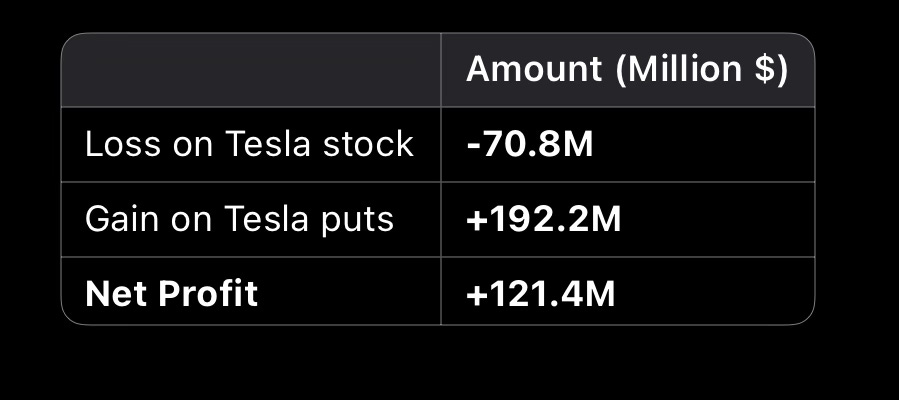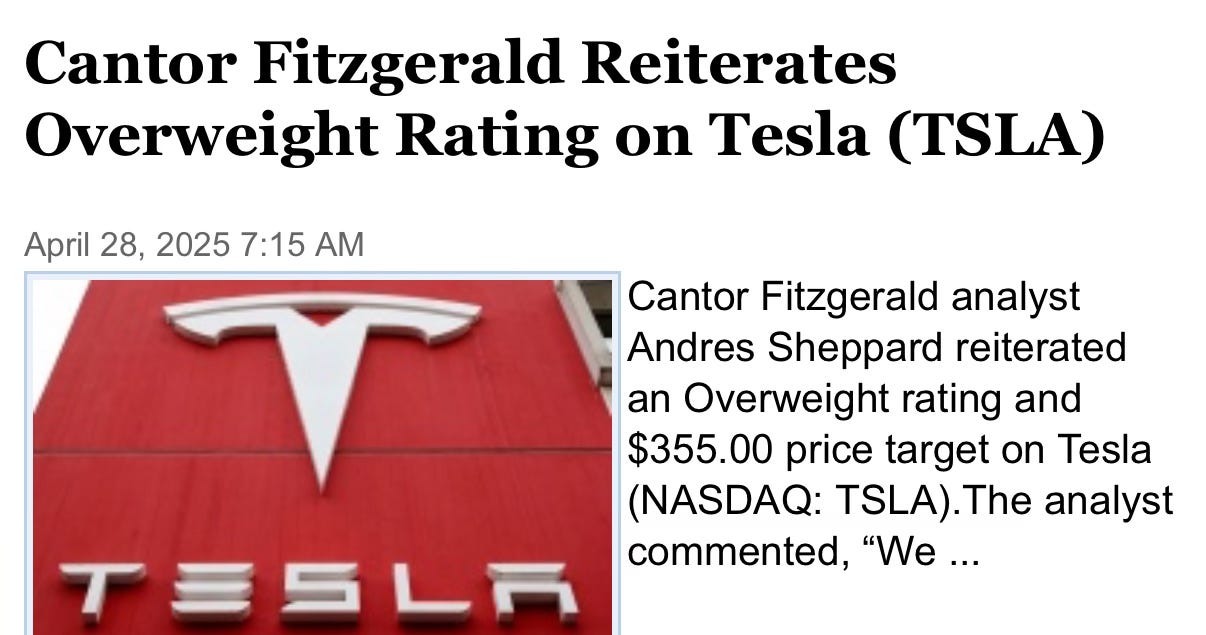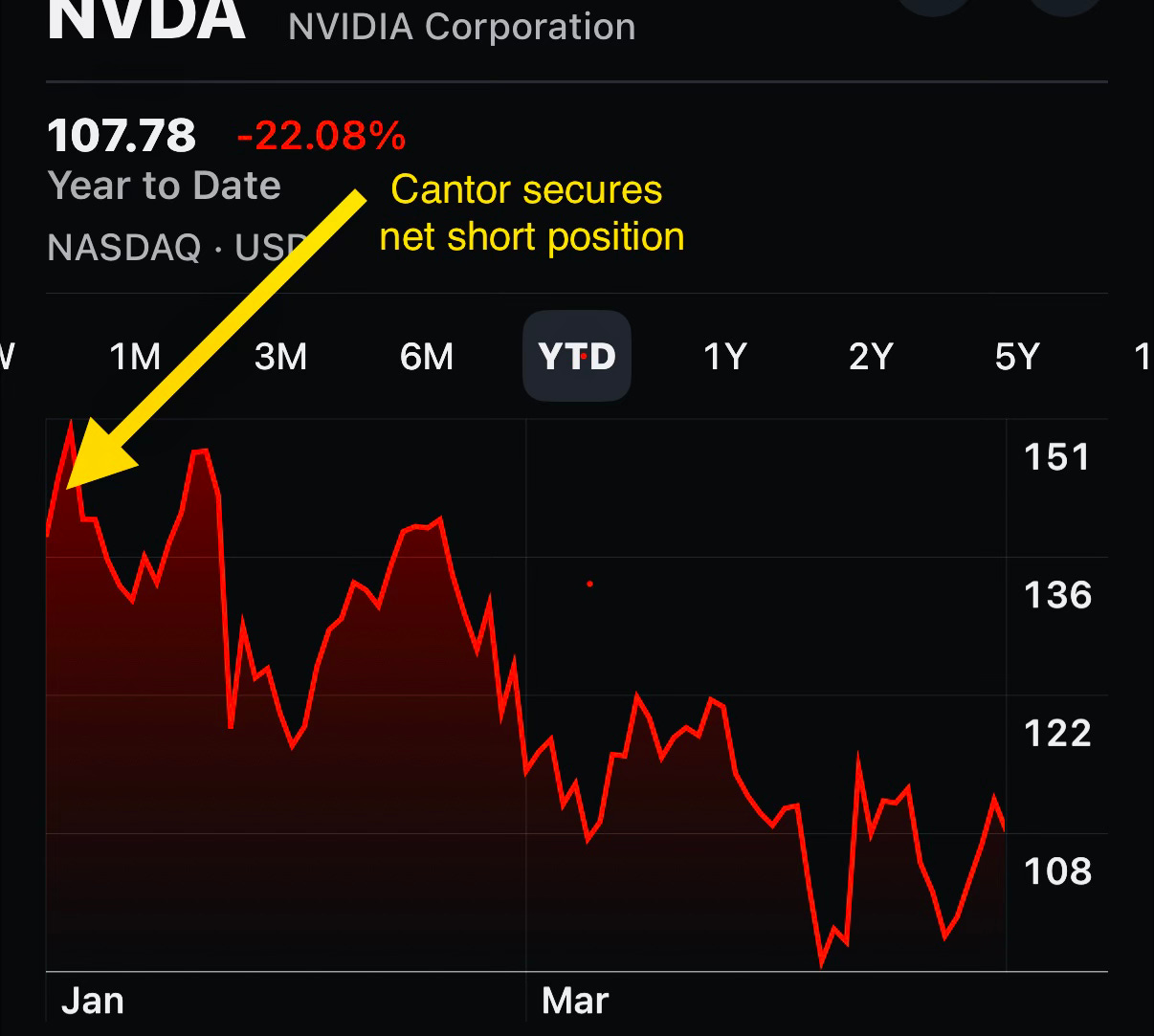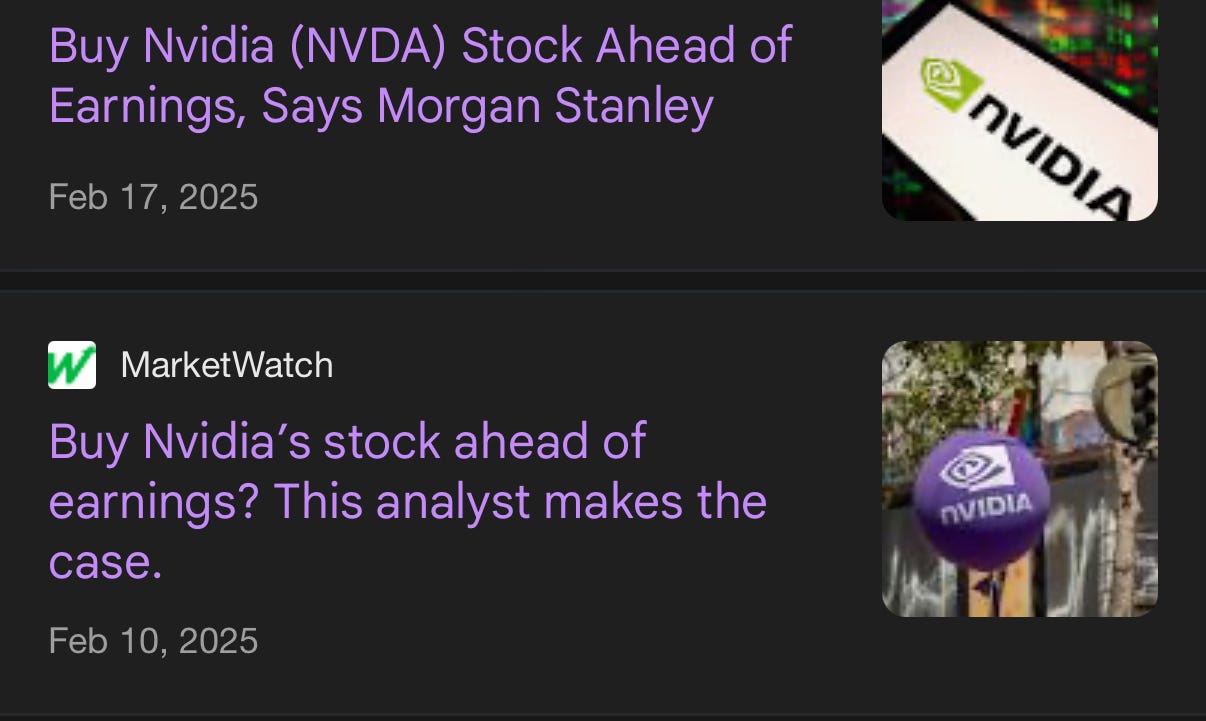By The Coastal Journal
April 28, 2025
“Blue Horseshoe loves Anacott Steel.”
It was a single whispered phrase in the movie Wall Street — a signal that fortunes were about to be made, but not by the public.
In that iconic scene, Gordon Gekko, played masterfully by Michael Douglas, teaches Bud Fox the oldest lesson in financial markets: by the time the news reaches the public, the real money has already been made. Gekko didn’t need retail investors to win. He needed them for the exit. As Bud Fox leaks to the Wall Street Chronicle that Blue Horseshoe loves Anacott Steel, the trap is set. By the time the article hits print, the insiders have already accumulated their stakes at low prices. When the public piles in, seduced by the headlines, they are unknowingly buying from the very same insiders who engineered the rise. The public celebrates a 5% gain; Gekko books 500%.
That was fiction in 1987. Today, it’s worse — and it’s real.
The playbook hasn’t changed. Only the tools have: faster news, louder media, more sophisticated trading structures. But the core principle remains chillingly the same. Pump the narrative, dump on the crowd.
(For more on spotting The Sucker on Wall Street Check out this previous report)
Nowhere is this clearer than in the case of Tesla this year. At the start of the year, Tesla shares were still flying high, trading around $400, buoyed by endless optimism and media hype ‘Trump Pump” many called it. But lurking behind the curtain was something far more sinister. Howard Lutnick, once the commanding force behind Cantor Fitzgerald, had officially moved into the Trump administration. Yet the firm he left behind — armed with the deep relationships he had built — made a curious move. Their SEC filings showed that they had purchased nearly $300 million worth of Tesla stock. To the untrained eye, it was a bullish bet. But hidden in the fine print was a darker reality: they had also loaded up on more than $540 million in Tesla put options. They weren’t betting on Tesla to succeed. They were betting — heavily — on its collapse.
Why would a Wall Street giant accumulate a massive short position against one of the most beloved stocks in America? Because they knew what was coming. Inside the corridors of power, where political favors and corporate secrets are currency, the fate of Tesla was no mystery. The Trump administration, eager to rein in green energy spending and implement EV tariffs like on batteries, was about to gut the lifeblood of Tesla’s profit margins. Sales were already slowing. Revenues were slipping. And yet, the media — the old faithful allies of Wall Street back in January 2025 — continued to chant “buy, buy, buy” at over $400 a share!
While retail investors scrambled to load up on Tesla shares at an insane Price to Earnings ratio north of 200 times earnings, insiders were positioned for a crash. Between January and April, Tesla stock plunged nearly -30%. Cantor Fitzgerald’s shadow book — the real book — likely made over $125 million in profits in just a single quarter.
Despite the ongoing public recommendations to “stay overweight” (April 28, 2025), particularly from the so-called expert i.e Cantor Fitzgereald
Tesla was not the only trophy. Nvidia, too, became a pawn in the larger Blue Horseshoe game. As the public was whipped into a frenzy over artificial intelligence, Nvidia’s stock soared to unimaginable heights. Every media outlet, every analyst note, every financial influencer seemed to be screaming the same thing: this is the future. Buy now. But in the shadows, the smart money was preparing for the slaughter.
Trump’s aggressive tariffs on Asia, particularly semiconductor restrictions targeting China, were poised to wreak havoc on Nvidia’s business. Sales pipelines would grind to a halt, and demand from crucial markets would plummet. However, the media continued to portray a rosy picture.
while filings revealed that Cantor and others had begun accumulating substantial short positions in Nvidia despite the glowing public commentary. In the initial months of 2025, Nvidia’s stock plummeted under the weight of reality. Then, Nvidia announced that the US government had imposed export restrictions on the chips, leaving the company with an AI inventory that had no viable outlet. This news triggered an initial -7% decline in Nvidia shares, while insiders once again profited from the situation, raking in hundreds of millions of dollars.
Keep reading with a 7-day free trial
Subscribe to The Coastal Journal to keep reading this post and get 7 days of free access to the full post archives.




